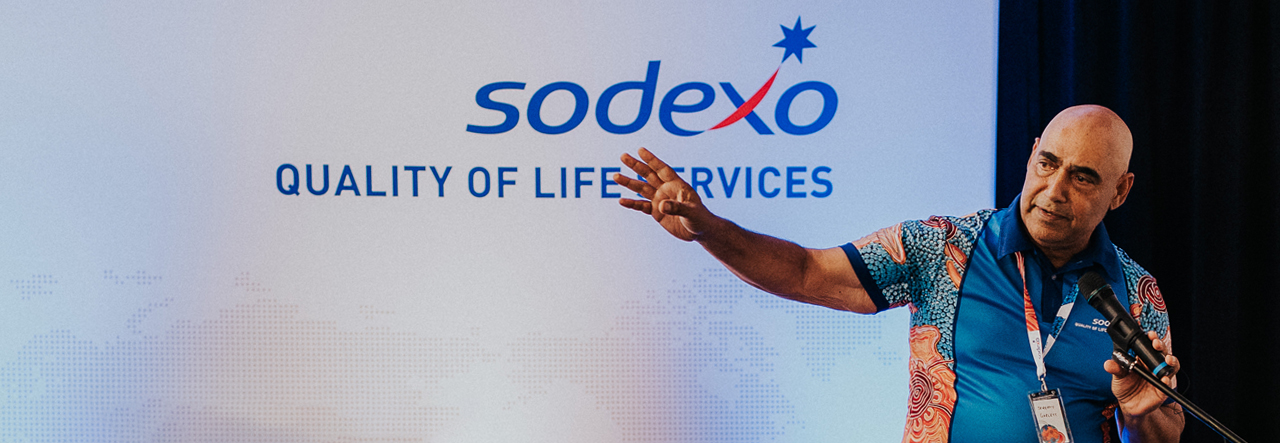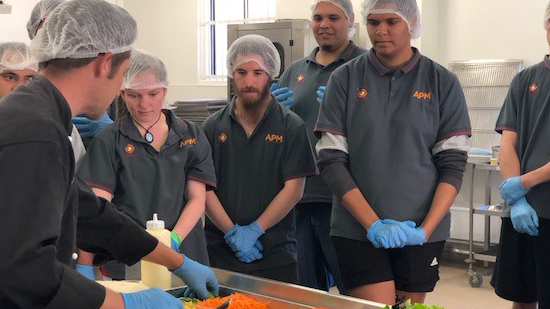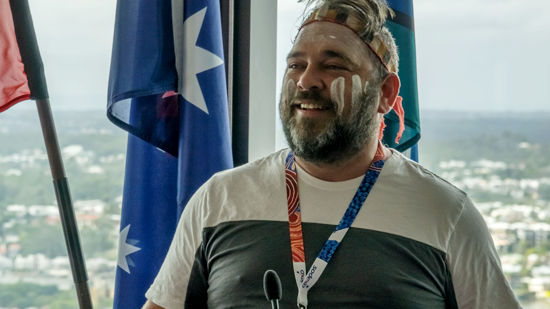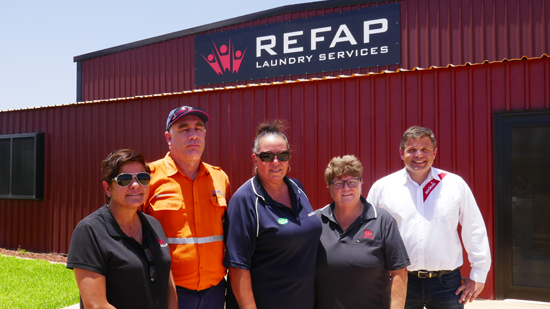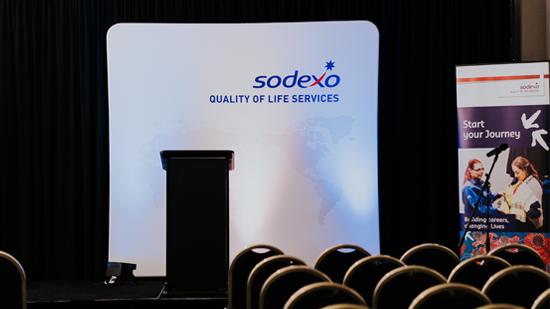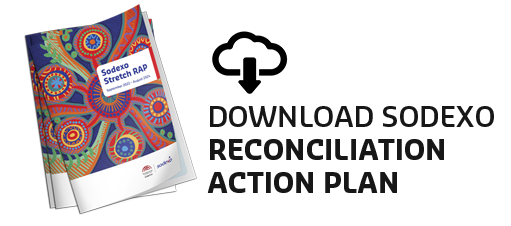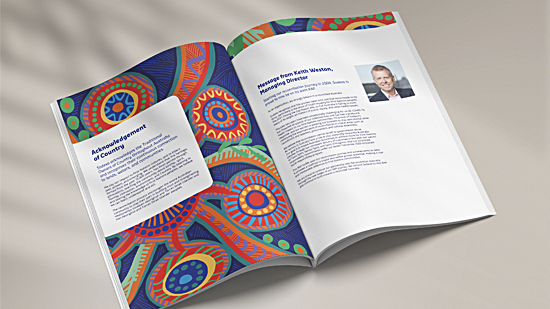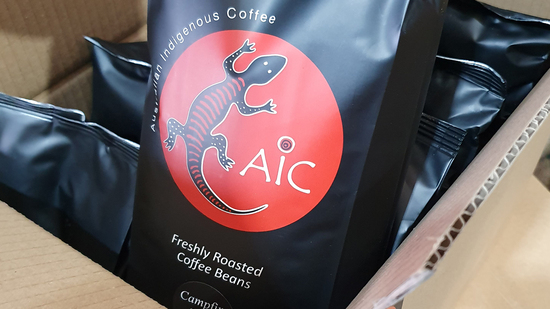Our Priorities
Our reconciliation priorities are focused on the Core Pillars which you can read more about through the links below:
Our Reconciliation Action Plan (RAP)
Sodexo is committed to developing opportunities for Indigenous people across Australia. Over the past 15 years, we have worked with Aboriginal and Torres Straits Islander communities and employed countless Indigenous people under our Reconciliation Action Plan (RAP).
We believe every company has a responsibility to contribute to reconciliation in Australia and that these contributions should be defined by the three core pillars: opportunity, respect and relationships.
As a RAP organisation, Sodexo continues to achieve more for communities across these pillars and consistently delivers outcomes in line with our Quality of Life philosophy and Better Tomorrow 2025 commitments.
Here are just a few of the ways we continue to embrace and uplift Indigenous communities throughout Australia:
Direct & Indirect Economic Opportunities: Sodexo employs Indigenous Australians across all our facilities, resulting in $33.5 million in wages earned within these communities. This income empowers Aboriginal & Torres Strait Islander people, creating direct and indirect economic opportunities.
Supply Chain Reform: We have rectified Supply Chain processes to ensure cultural and communal due diligence. Wherever possible, Sodexo seeks to incorporate Aboriginal and Torres Strait Islander businesses into our supply chain and in our tender process.
Small Business Support: Sodexo is a proud supporter of the Aboriginal and Torres Strait Islander small business movement across Australia. Our teams work with enterprises in both urban areas and regional and remote locations. We continue to explore opportunities and build capability, enabling longer term economic security and advantageous business models.
Cultural Participation: We also support Aboriginal and Torres Strait Islander cultures, through participation and support of significant cultural events. Sodexo proudly develops and nurtures respectful relationships with Australia’s Indigenous communities as a critical component of equality.
Our global and local businesses are committed to improving the quality of life of each of our employees, clients and consumers. We know this commitment has a knock-on effect to the communities we work in and we are proud of making these positive contributions where it matters most.
We continue to strive for outcomes that provide the most impact for Australia’s Indigenous communities such as introducing stronger governance and leadership to ensure we deliver on our commitments.
What have we learned throughout this process?
- Reconciliation is extremely challenging for individuals, let alone organisations with thousands of people
- Cultural awareness and learning is never complete. It is an ongoing important process that must continue as a company grows and changes
- It is simply not enough to have a RAP. Each individual within the organisation must understand the importance and be proud advocates of the RAP. This can be achieved through education, reporting and celebration of RAP milestones
- It takes a true team approach to achieve reconciliation. It cannot rely on just a small portion of employees
- To help achieve a greater impact on reconciliation, RAP organisations must continue to partner together across all sectors
- We can only measure our RAP's success and impact by having correct data and reporting
- Growing Aboriginal and Torres Strait Islander partnerships requires on-going support and investment in long term relationships
- A RAP is not a project, it must be a part of the organisation’s DNA and decision making
- Being an Elevate RAP organisation requires constant effort, focus, honesty and a willingness to adjust when required in order to achieve objectives
- Many segments across the Australian business landscape are willing to commit to reconciliation and look to Elevate RAP organisations to share experiences on what may or may not be effective
Indigenous Community Engagement

